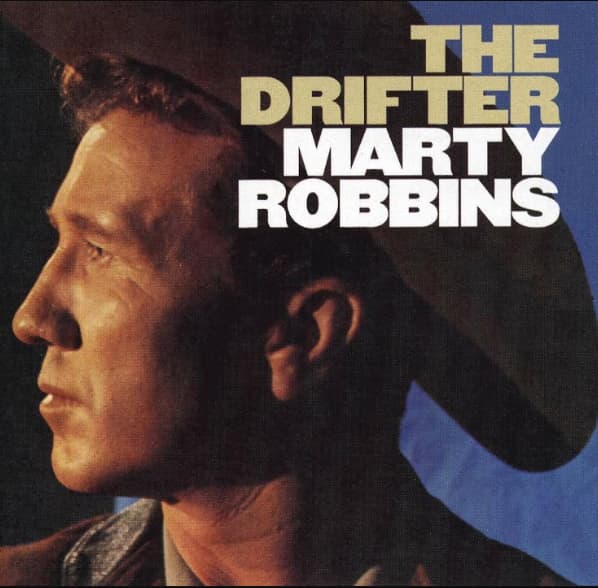
An introspective journey on love and loss, carried on the wind of time.
In the vast and ever-shifting landscape of country music, there are songs that simply exist and then there are songs that become a part of the cultural tapestry, resonating with a timeless and universal truth. Marty Robbins’s 1959 hit, “The Wind Goes,” is a testament to the latter. Released as a single B-side to “El Paso,” a song that would become his signature tune, “The Wind Goes” nevertheless charted on the Billboard Hot Country Singles chart, peaking at a respectable No. 12. Its gentle, reflective nature stood in stark contrast to the grand, dramatic narrative of its A-side, yet it found its own quiet space in the hearts of listeners.
The late 1950s was a period of immense change, both in the world and in music. Rock and roll was still a young and rambunctious force, and country music, too, was evolving, shedding some of its rural grit for a more polished, Nashville sound. Marty Robbins, a man with a voice as smooth as polished wood and a heart attuned to both the epic sagas of the West and the quiet sorrows of the human spirit, was at the forefront of this evolution. He wasn’t just a singer; he was a storyteller, a romantic, and a poet. His delivery was always effortless, imbued with a sincerity that made you feel like he was singing directly to you, sharing a secret or a memory.
“The Wind Goes” is a poignant example of this artistry. It’s a song steeped in the bittersweet ache of memory and the quiet wisdom that comes with the passage of time. The narrative is simple yet profound: the narrator, a man who has lived and loved and lost, reflects on a past romance. He doesn’t dwell on the dramatic highs or lows, but rather on the lingering presence of a lost love, a presence that he feels on the wind, in the rustle of leaves, and in the quiet moments of solitude. The wind, in this context, is more than just a meteorological phenomenon; it’s a metaphor for the relentless march of time and the way our memories, like gusts of air, can come and go, stirring up emotions we thought were long buried.
This is a song for those of us who have lived long enough to have a past that is more than just a few years behind us. It’s for those who find themselves looking back, not with regret, but with a sense of wistful acceptance. The lyrics, with their gentle repetition and evocative imagery, paint a picture of a man who has made peace with his past, who understands that some loves, no matter how fleeting, leave an indelible mark. It’s a feeling many of us can relate to—the sudden jolt of a memory triggered by a scent, a song, or a change in the weather. The song doesn’t offer a solution or a grand statement; it simply acknowledges the truth of human experience. It’s the kind of song that you put on a rainy afternoon, with a cup of coffee and your own memories for company. It’s a quiet conversation between the listener and their past, guided by the soothing, familiar voice of a master storyteller.
“The Wind Goes” is a testament to the enduring power of a simple, honest song. It reminds us that some of the most profound truths are found not in grand declarations but in quiet, personal moments of reflection. It is a song that invites you to remember, to feel, and to understand that even when a love has passed, its memory, like the wind, continues to move through our lives. It’s a melody that will forever be carried on the breeze of nostalgia, whispering of loves lost and the quiet grace of a life well-lived.